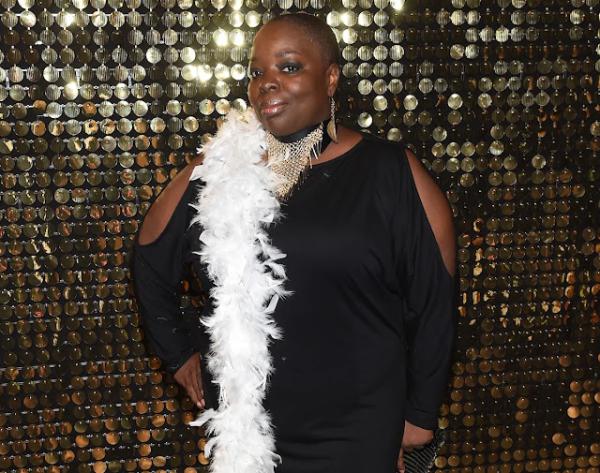
Nona Faustine, a renowned photographer celebrated for her poignant exploration of the hidden narratives of enslavement and the resilience of Black women, has passed away at the age of 48.
Her work has left an indelible mark on the art world, as she skillfully captured the often-overlooked histories of African Americans, shedding light on the enduring impact of slavery and the strength of Black womanhood.
Faustine’s photography was not merely an artistic endeavor; it was a powerful statement that challenged societal norms and provoked critical conversations about race, identity, and history.
Through her lens, she sought to confront the legacies of slavery, often placing herself in the frame to create a personal connection to the stories she told. This unique approach allowed her to embody the narratives of those who came before her, making the past resonate in the present.
Her most notable series, “White Shoes,” features Faustine standing in various locations significant to the history of slavery, including sites of former plantations and other historical landmarks. In these images, she wears white shoes, a symbol of purity and innocence, juxtaposed against the backdrop of a painful history.
This contrast serves to highlight the ongoing struggle for recognition and justice faced by Black individuals and communities. Faustine’s work invites viewers to reflect on the complexities of history and the ways in which it continues to shape contemporary society.
Throughout her career, Faustine received numerous accolades for her contributions to photography and her commitment to social justice. She was not only an artist but also an educator, sharing her knowledge and passion with students and aspiring photographers. Her dedication to mentoring others in the field ensured that her legacy would continue to inspire future generations.
In addition to her artistic achievements, Faustine was an advocate for the representation of Black voices in the arts. She understood the importance of visibility and the need for diverse narratives within the creative community. By amplifying the stories of Black women and the historical injustices they faced, she aimed to create a more inclusive dialogue around race and identity.
Faustine’s passing is a profound loss for the art world and for all who were touched by her work. Her ability to weave personal and collective histories into her photography has left a lasting impact, encouraging viewers to confront uncomfortable truths and engage with the complexities of the past.
As we remember Nona Faustine, we celebrate her contributions to the arts and her unwavering commitment to social justice. Her legacy will undoubtedly continue to influence artists and activists alike, as her work serves as a reminder of the power of art to provoke thought, inspire
